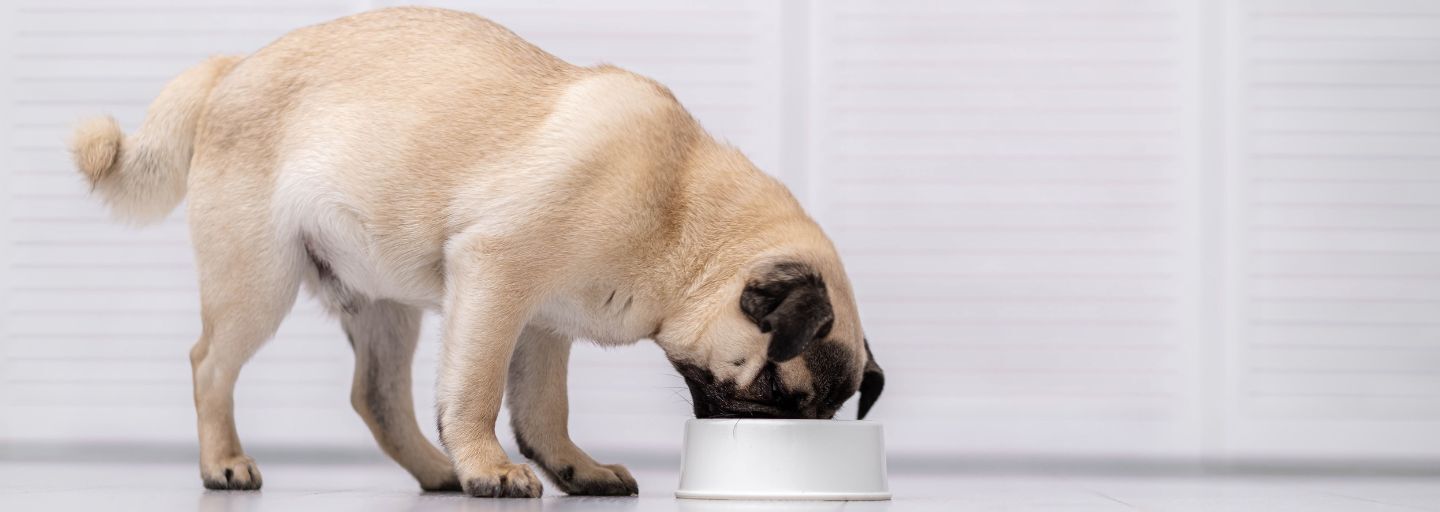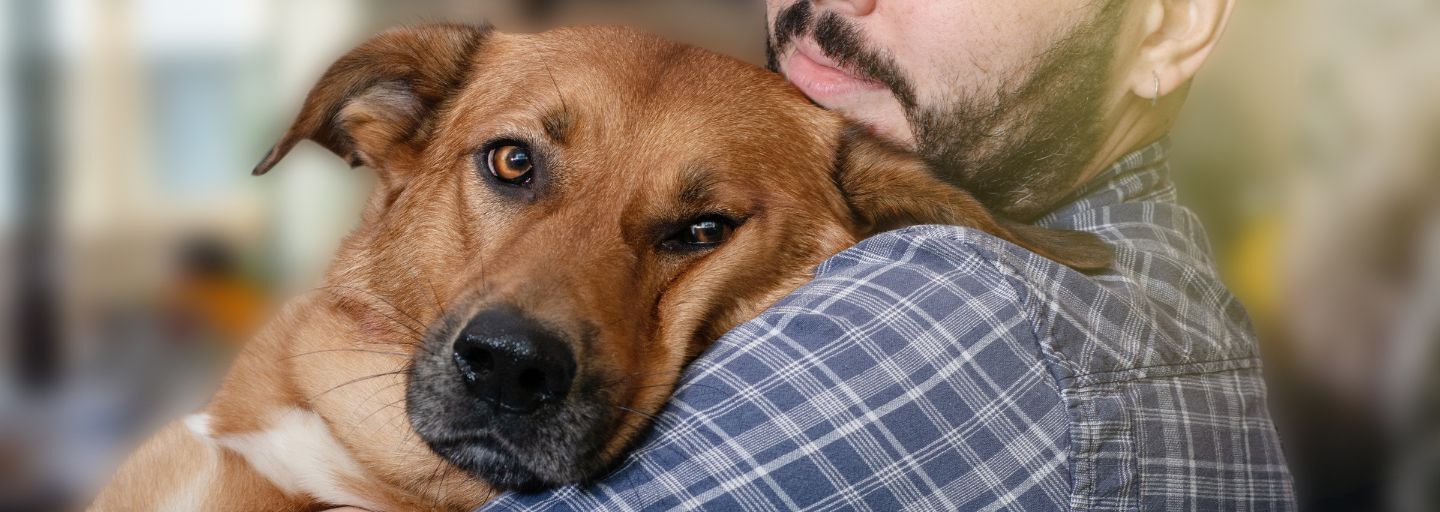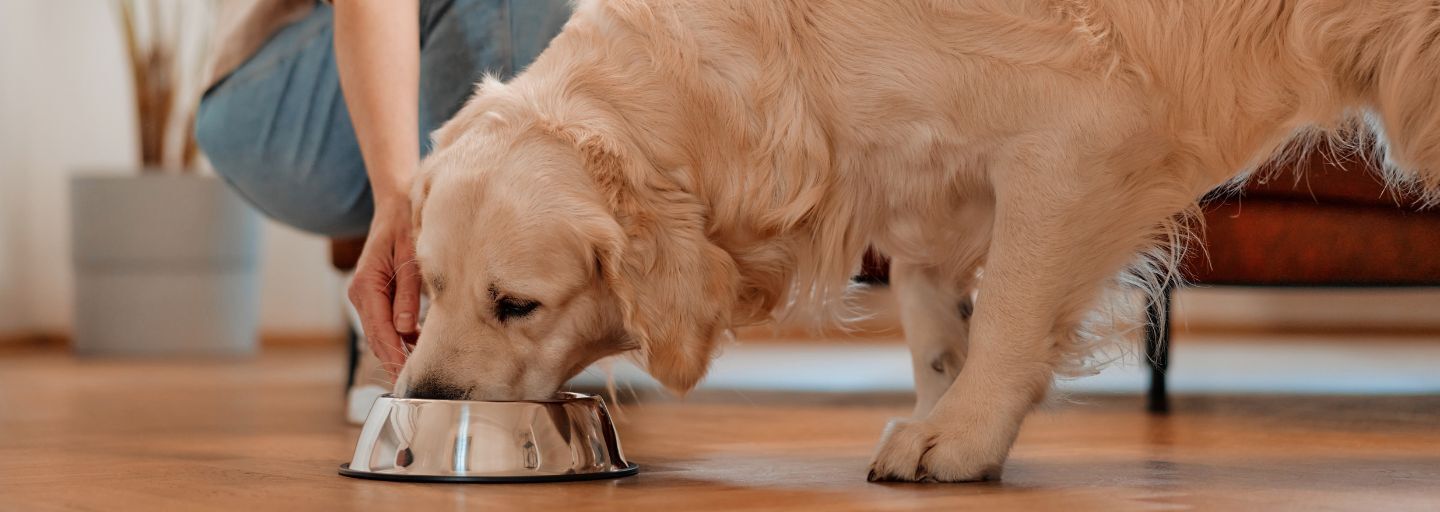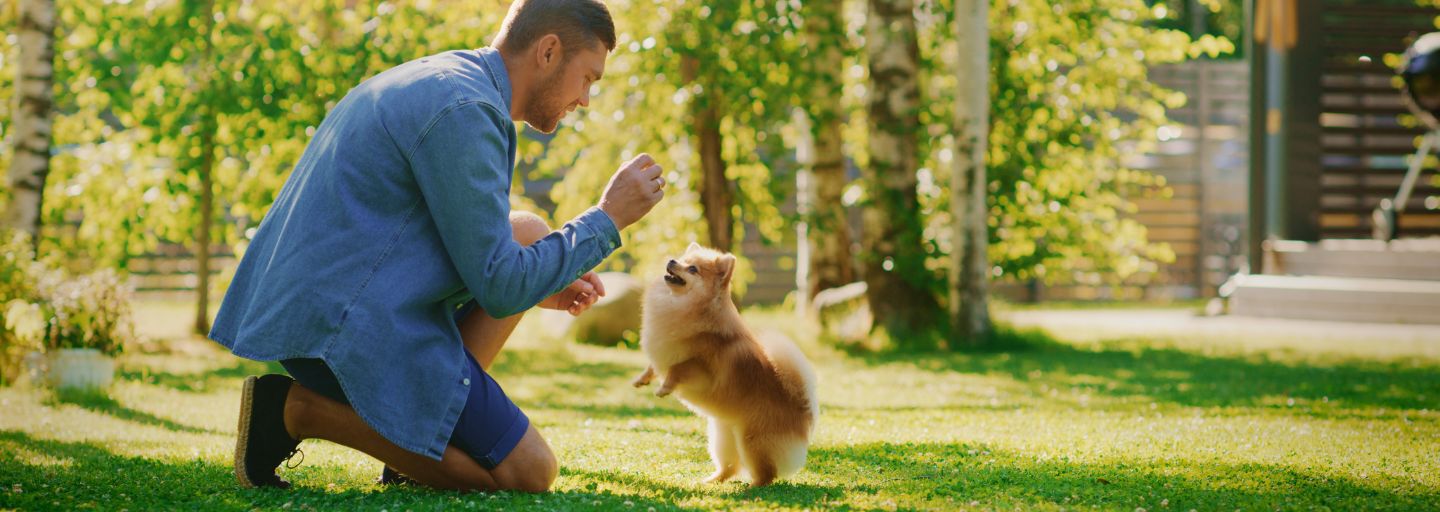Just like in humans, carrying extra weight can have serious health consequences for dogs. When a dog weighs over 20% of their ideal body weight, they are considered obese. Being overweight puts additional strain on their organs and can lead to various health issues. As a responsible dog owner, it's important to be aware of the risks associated with overweight pets. Some of the health problems overweight dogs may face include diabetes, joint and bone damage, heart disease, high blood pressure, breathing difficulties, liver problems, and a reduced lifespan.
Assessing Your Dog's Body Condition:
- Rib Check: Place both of your thumbs on your pet's backbone and spread your hands out across their rib cage. You should be able to feel their ribs but not see them prominently.
- Profile Check: Look at your dog's profile and see if their abdomen is tucked up behind the rib cage. It helps if you are level with your dog to accurately assess their body shape.
- Overhead Check: View your dog from above and check if you can see a waist behind their ribs. Dogs at a healthy weight should have an hourglass figure when viewed from above.
Maintaining an Ideal Body Condition:
If you find that your dog is overweight, there are steps you can take to help them shed those extra pounds:
- Reduce Caloric Intake: Feed your dog a nutritionally complete and balanced weight reduction formula that is designed to provide fewer calories. Consult with your veterinarian to determine the appropriate food and portion size for your dog.
- Measure Food Intake: Use a measuring cup or scale to accurately measure your dog's food. Avoid free-feeding or guessing portion sizes, as it can lead to overeating.
- Avoid Table Scraps: Resist the temptation to give your dog table scraps or human food treats. These often contain high calories and can contribute to weight gain.
- Choose Low-Calorie Treats: Opt for low-calorie treats specifically designed for weight management. These treats can still provide a reward without adding excessive calories.
- Control Food Access: Ensure that your dog does not have access to other food sources such as garbage bins or compost bins. Monitor their outdoor activities to prevent them from scavenging for food.
Consulting Your Veterinarian:
If you suspect that your dog is overweight, it is highly recommended to consult your veterinarian. They can assess your dog's overall health, determine if there are any underlying medical conditions contributing to the weight gain, and provide guidance on an appropriate weight loss plan. Your veterinarian may also recommend specialized diets or medications if necessary.
Getting Your Dog in Shape:
To help your dog shed those extra pounds, start with a moderate exercise program. Begin with regular walks and gradually increase the duration and intensity of the exercise. Keep in mind that obese pets may experience fatigue and have a low tolerance for heat and humidity initially. Monitor their breathing and signs of fatigue or dehydration, and adjust the exercise routine accordingly.
Engaging in activities such as walking and playing games with your dog not only helps them burn calories but also strengthens the bond between you. It's a win-win situation where you both benefit from the exercise and enjoy quality time together.
Remember, maintaining a healthy weight is crucial for your dog's overall well-being and longevity.



